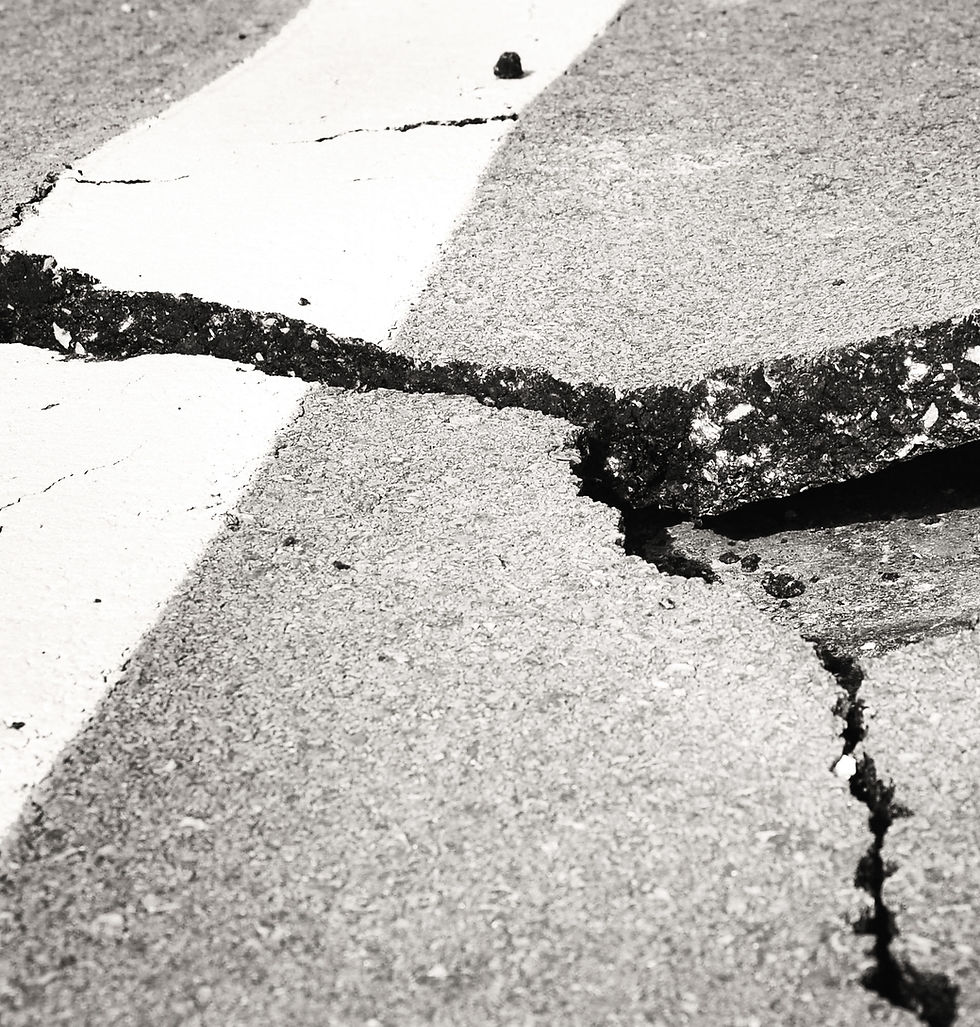Rock Salt's Effect on your Pet: Adverse Effects seen in Dogs and Cats
- jtanu071
- Mar 22, 2018
- 1 min read
Author: Madison McGuire, DMV
Rock salt has been found to cause dangerous health effects in both dogs and cats when ingested. This often occurs when dogs and cats have walked through an area covered with rock salt and it sticks to their paws and fur (RSPCA, n.d.). This leads to the animal licking or chewing the rock salt to remove it, as it often can cause irritation, especially to their paws (RSPCA, n.d.). A dose of 4 g/kg of sodium chloride can be lethal (Hautekeete, 2000). Even at small amounts, ingestion of rock salt can cause high blood sodium concentration, leading to vomiting, lethargy, and in extreme cases convulsions and kidney damage (RSPCA, n.d.).

In any case in which you suspect that your pet has ingested rock salt, do not wait until symptoms appear. Such symptoms may be non-specific and a blood test to measure sodium levels is the only way to confirm toxicity (RSPCA, n.d.). It is important that if any indication of ingestion of rock salt appears that your pet see a veterinarian immediately. Veterinary intervention will be required to rehydrate your pet and ensure that their blood sodium levels stabilize (RSPCA, n.d.).
References
Hautekeete, L. A. (2000). Ice melts are health hazards. Veterinary Medicine,1-3. Retrieved
March 15, 2018, from http://aspcapro.org/sites/pro/files/u-toxbrief_0200_1.pdf
RSPCA. (n.d.). Rock Salt Poisoning: RSPCA Companion Animals Pet Care Factsheet. Retrieved
March 15, 2018, from
https://www.rspca.org.uk/ImageLocator/LocateAsset?asset=document&assetId




Comments